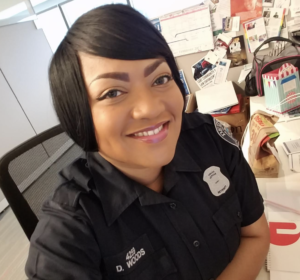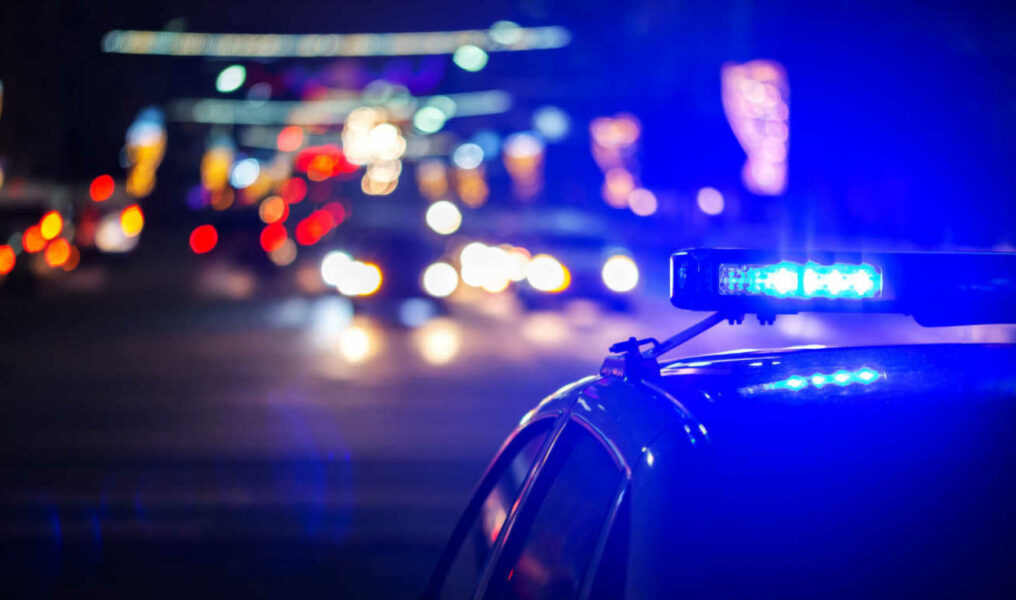The Williams Institute at UCLA School of Law has found that LGBQ people have more interactions with the police than the general public according to their new study.
"Six times as many LGBQ people as people in the general population were stopped by the police in public spaces, and more than twice as many were stopped by the police while driving," the Williams Institute reports. "Nearly seven times as many LGBQ people were stopped by the police for reasons that did not involve a vehicle. In addition, twice as many LGBQ people as the general public had sought help from the police."
Ilan H. Meyer, Ph.D., a senior scholar of public policy at the Williams Institute, was the principal investigator of this study. He says that one of the reasons for studying police interactions was "an excess of incarceration of LGBQ people" and the idea that police interaction might be a contributing factor.
Meyer told Between The Lines that he was interested in "whether there is over-policing of LGBQ people and sexual and gender minorities."
"I think what we're showing is that in this case, LGBQ people are more likely to interact with police," Meyer said, "and more likely to have a negative interaction, or not being helped, or not being treated fairly."
Looking at this data is especially relevant now.
"We are definitely talking now in general in the country about police reforms," he said. "And we want to make sure that we represent the data that shows that LGBQ community should be an important part of that discussion."
The study did not include transgender people, but the Institute is aware of transgender people and their difficulties with the police.
"Although data about transgender people were not available in the datasets analyzed for this brief," the Institute explains, "research indicates that transgender people, particularly women of color, are at heightened risk of negative police interactions, including harassment and assault."
The study found that more LBQ women who had had an interaction with the police indicated that they would hesitate to call the police for help.
"That suggests that the interaction that they had with the police either wasn't a helpful one or was a damaging one," Meyer said.
"Suggests" is an important word here. The Williams Institute study has gathered information, the what. The why, however, has yet to be determined.
"The underlying issue is that police are not trained to deal with LGBQ people when they are suspects or when they seek help," Meyers said.
This is a problem because it leaves LGBQ people who have a mistrust of police without a major resource that "makes them more vulnerable."
Meyer said that there should be training for interaction with LGBQ people.
Cpl. Dani Woods, the LGBTQ liaison for the Detroit Police Department, agrees, pointing out that DPD has the only Michigan-certified training for LGBTQ+ sensitivity, diversity and competency that everyone in the department undergoes, including executives.

Cpl. Dani Woods. Courtesy photo.
As for the Williams Institute's findings, Woods said that while she can't speak to other law enforcement entities, to her knowledge LGBQ people did not have especially high interactions with DPD.
This could be due to DPD's training and the fact that, according to Woods, DPD "is based on community."
"We invite the community in to be a part of policymaking," she said. "We're not claiming perfection, but the reason we don't have the issues that other departments have is because we have a relationship with the community."
This relationship is an ongoing, evolving process. In 2019 DPD updated their training with the assistance of Jay Kaplan, LGBT Project staff attorney at the American Civil Liberties Union of Michigan.
Woods says she is well aware of the tension that can exist between law enforcement and the community. Having an open dialog is essential, she said
She advises community members to come to the table with ideas for solutions and ways to make the relationship between the police and community better.
"I know that a lot of people will read this and go, 'She's out of her mind,'" Woods said. "But you can't get anywhere if you don't at least start with a conversation."
It is not all up to the community, however.
"It's incumbent upon the police department to reach out to their community, but the police department also has to come correct," Woods said. "Because you can't expect for people to sit at the table with you and give you a chance if you don't even understand who you're policing."
"Getting the conversation started," Meyers said. "That's exactly the reason and purpose that we had [for the study]. … We don't have the solutions here. This [study] is a very small piece of information, but considering the conversations happening around the country about police reforms, we want to make sure that we represent the data that shows that LGBQ community should be an important part of that discussion."
For more information about DPD's LGBT liaison role visit this Facebook page. To read the Williams Institute's study click here.










